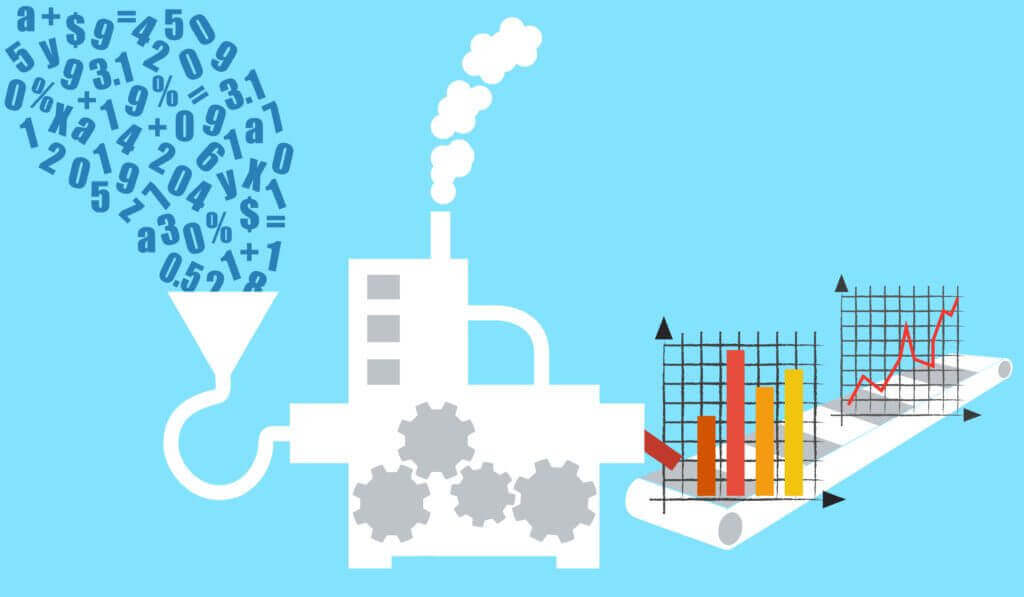
Over the past 20 years, advances in digital technologies have driven numerous innovations and disruptions in the travel industry. These technologies and the companies that offer them have rearranged the industry, leaving some players behind—travel agents, for example—while introducing more complexity into the value chain between travelers and destinations.
More recently, mobile technologies have taken center stage as consumer behavior shifts with astonishing speed toward researching and booking travel through smartphones. Since October 2015, US consumers who book travel online have consistently spent more time engaging with travel content on their mobile devices than on their desktops, according to an Expedia Media Solutions/comScore study.
Creating Opportunity From Data
Digital technologies produce a tremendous amount of data for travel companies. For example, Aviation Week recently reported that Pratt & Whitney’s geared turbo-fan engine contains 5,000 sensors that collectively generate up to 10 gigabytes of data per second. This means a single engine could produce more than 400 terabytes of data during one 12-hour flight, and the aerospace industry alone might soon generate more data than the entire consumer Internet.
Many travel companies are still in the early stages of developing the advanced analytics capabilities necessary to capture the full potential of this data. One of the biggest opportunities under the analytics umbrella is artificial intelligence (AI), which carries important potential benefits for every sector of the travel and transportation industry.
As rapid progress continues in AI-enabling technologies like machine learning, natural language processing, and video recognition, we expect that artificial intelligence capabilities will soon reach the point where many travel companies are able to generate significant value by applying artificial intelligence at scale to their day-to-day operations. Some hospitality companies have already begun to deploy artificial intelligence in pilot projects. This experimentation and rapid prototyping are likely to continue as new techniques and technologies mature.
While it is still unclear how AI-related technologies and advanced analytics will change the hospitality sector, a number of distinct opportunities are starting to emerge.
Radical Personalization Through Predictive Analytics
Predictive analytics is the science of taking a wealth of data and applying a combination of algorithms and machine learning to make predictions about which future outcomes are most likely. Many technology companies are already adept at predicting the next product a consumer wants to buy and then serving up a recommendation. For instance, Amazon’s recommendation engine is estimated to generate more than one-third of its consumer purchases by using artificial intelligence to identify, rank and serve up the most appropriate product recommendations.



